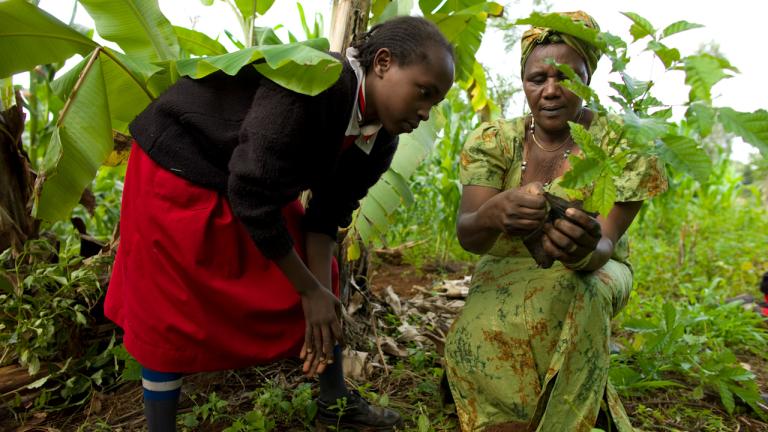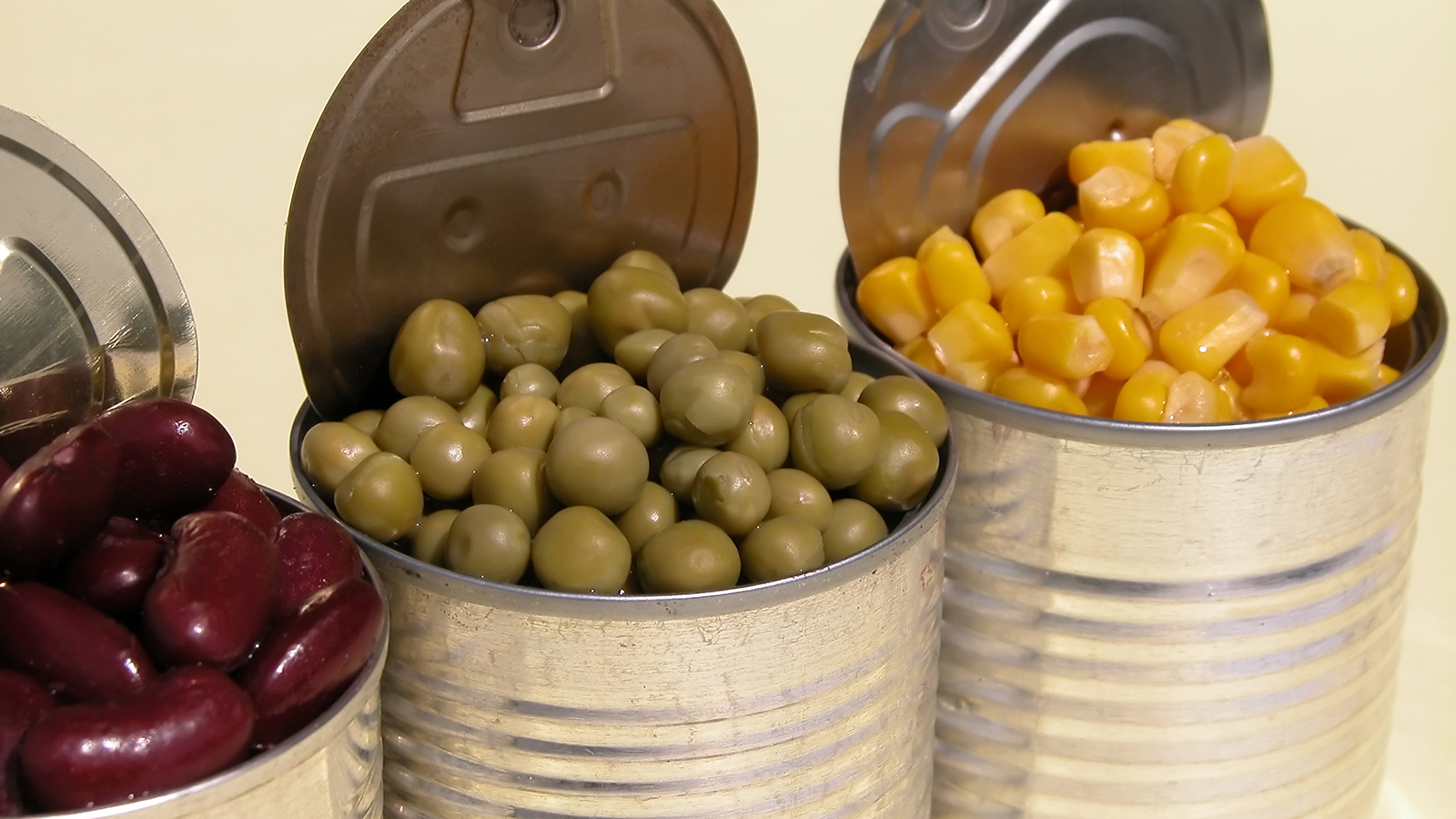Q. Dear Umbra,
My mother-in-law recently passed, and while cleaning out her pantry we found many cans of food that are too expired for human consumption. Is it better to put them in the landfill (our landfill does tap and use the methane produced there) or to use the water to put the contents down the garbage disposal?
Mindy S.
Columbus, OH
A. Dearest Mindy,
I’m so sorry for your loss. What’s more, I’m quite amazed that even at a time like this, you’re thinking about the earth-friendliest way to dispose of a pantryful of past-its-prime food. I hope all my dearest readers know that it’s OK, important even, to take care of yourselves when you need to; one needn’t worry about paper vs. plastic dilemmas 24 hours a day, 365 days a year. But perhaps you need a distraction, Mindy, and if so, I am honored to provide one for you.
Food waste is a vast problem: According to the United Nations, a full third of our food ends up not getting eaten, an enormous squandering of resources. Of course, you couldn’t have foreseen the predicament you find yourself in. But the rest of us should remember that preventing this kind of spoilage in the first place is by far the best course of action.
Still, it happens — leftovers get buried in the back of the fridge, cans of water chestnuts huddle in the back of the cabinet, or we never quite get around to making jam out of that bounty of summer produce. What now? Longtime readers will not be surprised to hear my pick for the next best move: Compost it. There’s nothing better than letting Mother Nature and her Minions of Microbes turn that unpalatable food into a rich garden fertilizer. The way you phrased your question makes me guess that you don’t have a backyard compost pile, Mindy. But perhaps this dilemma might serve as inspiration to start one — which can be done, even in winter. If that doesn’t appeal, might you have a sympathetic neighbor with a compost pile who might take on the contents of your cans? Or might you be interested in signing up for a curbside compost collection service, like this one?
If, for whatever reason, composting is not an option, you’re left with two choices: Send the food to the landfill or flush it down the sink to the wastewater treatment plant. To figure out which is the best choice, you’ll have to do a little sleuthing about the technology that your local centers are using. If your wastewater treatment plant is using an anaerobic digester and capturing the resulting methane, plus collecting leftover biosolids for fertilizer, then the garbage disposal is your winner, even with the water you need to run the machine.
OK, let’s unpack that. Advanced wastewater plants use anaerobic digesters, or big old holding tubs full of bacteria, to treat the stuff that goes down your kitchen sink. When this decomposition happens without the presence of oxygen — hence, the “anaerobic” part — the result is biogas, a mixture of mostly methane and carbon dioxide. Both of these gases are baddies in terms of climate change when simply released, but they can be harnessed to create heat and electricity to power the treatment plant itself. Any leftover chunks of food — that would be the biosolids — can then be turned into nutritious fertilizer. And good news, Mindy: It looks like this is what’s going down at the Columbus plant. Researching this question is also how I discovered this delightful history of your local wastewater system, by the way: If you enjoy light reading containing the phrase “non-putrescible effluent,” you’ll want to check it out.
Many landfills, as you note, also trap and use biogas. But the garbage disposal is still the better choice because wastewater plants tend to be much more efficient at this process. For those readers not fortunate enough to live in Columbus, you may have to make a call or two to find out the situation in your town. If you do choose the landfill, please take the extra few minutes necessary to empty the cans so you can recycle them. You can make up a song about non-putrescible effluents while you work.
This should take care of the problem at hand. But we should all do our best to keep the food-waste dragon from rearing its ugly head in our kitchens. A few tips: Plan your menus ahead of time, grouping meals that use the same ingredients, to avoid buying more than you need. Think before you throw something away “just to be safe.” Freeze leftovers rather than forgetting about them in the fridge.
And have a peaceful, love-filled holiday season, OK, Mindy? You certainly deserve it.
CH4eerfully,
Umbra




